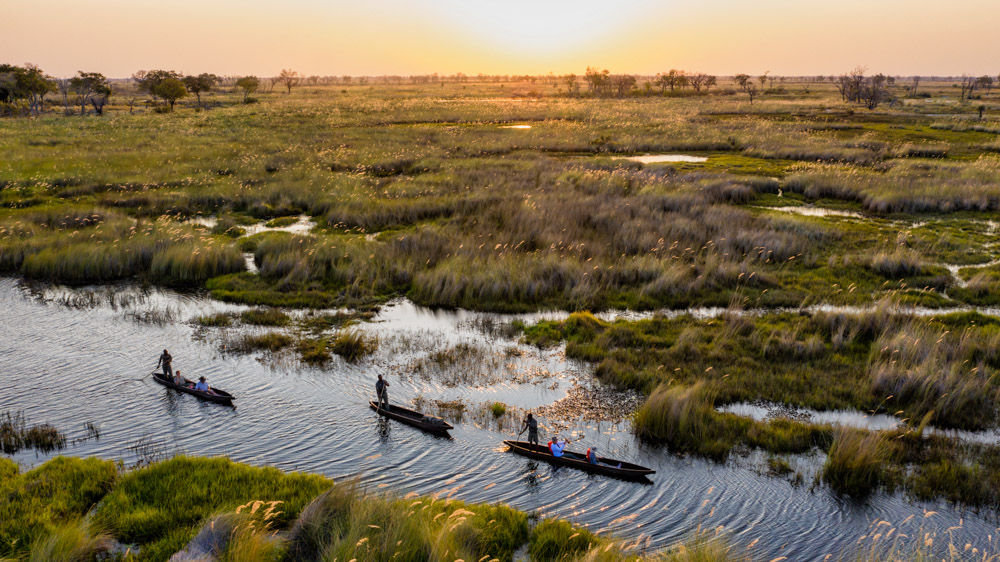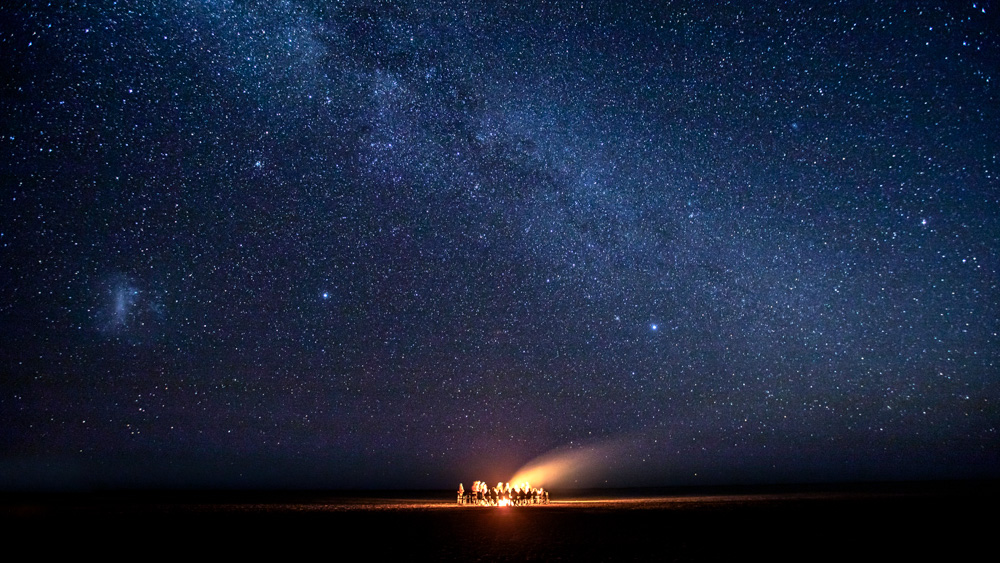Mokoro boat | The Delta's whisper.
Float through the Okavango Delta, one of Africa’s most unique safari destinations.

Why choose a mokoro safari?
- Exclusive Access: Reach channels and lagoons inaccessible to motorboats.
- Eco-Friendly: Zero emissions, zero noise, the most sustainable way to explore the Delta.
- Wildlife Encounters: Spot hippos, crocodiles, and rare birdlife up close.
- Local Knowledge: Guided by expert polers whose families have lived in the Delta for generations.
- Pure Serenity: An unrivalled safari tent–style experience on water, calm, authentic, unforgettable.
The mokoro is more than a boat, it is an invitation into the Delta’s rhythm. But the Delta’s whisper is only one part of the story.
We recommend at least five nights in the Okavango, drifting in mokoros at dawn and exploring on foot by day. For a wider journey, pair the Delta with Chobe’s elephants or the thunder of Victoria Falls.
Every itinerary is tailored, but the mokoro remains the masterpiece, the quiet moment that binds your safari together.
Slow, quiet and glorious.
The Okavango Delta is unlike any other safari destination. Instead of dusty roads and roaring jeeps, it is a world of water, a maze of channels and lagoons that flood each year with life. To explore it, you step into a mokoro, a traditional dugout canoe that has been used for centuries by local communities.
Your guide, the poler, stands at the back with a long wooden pole, steering through the reeds as quietly as the current itself. There is no engine, no rush, only the soft push of the pole and the glide of the canoe. From this low angle, the Delta feels larger, more immediate. Lilies float beside you. A fish eagle circles overhead. Red lechwe splash through the shallows, scattering droplets of gold in the morning light.
As you move deeper into the channels, the water mirrors the sky. Elephants appear at the water’s edge. Hippos watch from a distance, ears twitching above the surface. Every bend brings a new surprise.
This is the magic of the mokoro, it strips safari back to its most essential form. Slow, quiet, intimate. The Delta reveals itself at its own pace, and you are there to witness it.
Best time to visit :
Between May and September, when the Okavango Delta is at its fullest.
Recommened days:
Minium 3, maximum 5

